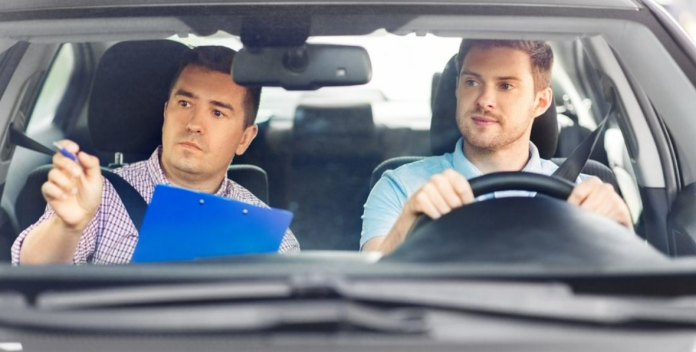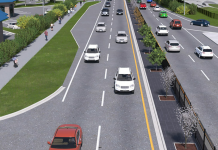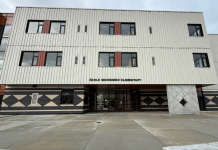The Province has introduced legislation to improve graduated licensing programs to create a simpler, more accessible process for new drivers, while improving safety standards for motorcycle drivers.
“These changes are intended to improve road safety for new drivers and motorcyclists by ensuring they gain more on-road experience, and improve licensing accessibility by addressing barriers experienced by Indigenous and rural and remote communities,” said Garry Begg, Minister of Public Safety and Solicitor General. “By removing unnecessary barriers for new drivers and strengthening safety measures for new riders, we’re making the licensing system more accessible, while helping to reduce serious injuries and fatalities on our roads.”
If approved, the changes will update the Graduated Licensing Program (GLP) to remove the requirement for a second road test to obtain a Class 5 licence. Instead, for those drivers eligible to move to a Class 5 licence, government will be creating a new 12-month restriction period, during which they must demonstrate safe driving behaviour to progress.
Research indicates that age and inexperience contribute to crash risk. As new drivers get more experience, their crash risk decreases. Evidence shows that having an extended period with restrictions and enhanced driver-record reviews builds the necessary skills and behaviours to promote safe driving. The changes remove requirements not proven to increase road safety, which will reduce wait times for those seeking a road test to earn their Novice (Class 7) licence.
The proposed legislative changes will also establish a new Motorcyclist Licensing Program (MLP) that all new motorcycle riders will need to complete. This approach ensures new riders gain the unique skills required to ride safely. The new MLP will also have a restriction period and enhanced safety measure requirements for protective gear, which will be established through regulations. These changes will help reduce fatalities and serious injuries resulting from motorcycle-related crashes.
Proposed changes to the GLP and MLP will continue to be informed by engagements with key partners, including Indigenous communities, driver training schools and health authorities, with implementation planned for early 2026.
Quotes:
David Wong, president and CEO, ICBC –
“Since its introduction more than 25 years ago, our graduated licensing programs have helped improve road safety in our province. We’re looking forward to working with government and our partners to both build on those improvements and ensure new drivers and riders are confident and ready to safely travel on our roads.”
Grand Chief Stewart Phillip, president, Union of British Columbia Indian Chiefs (UBCIC) –
“We are working with the Province to implement recommendations from the UBCIC’s Road to Reconciliation report, which identifies the profound impacts that the driver licensing regime has on First Nations, as well as the current barriers many First Nations face. We welcome the amendments to the GLP and MLP as important steps to help remove barriers that prevent First Nations from accessing driver licenses.”
Denise Lodge, C.O.R.E.Y (coalition of riders educating youth), CoreySafe Society –
“As someone who’s dedicated to rider safety, I fully support these changes. When learning to ride, introducing changes like zero drugs and alcohol, as well as protective gear, are common-sense measures that will help save lives. Giving new riders more time to learn is an investment in a safer future. It will help riders gain the skills and awareness they need to stay safe and be seen by all road users.”
Quick Facts:
- B.C.’s graduated licensing programs for passenger vehicles and motorcycles has not been significantly updated in the past 25 years.
- The decision to update provincial licensing programs is guided by a commitment to road safety and aligns with most other jurisdictions.
- Ontario will be the only province that requires a second road test to exit the Graduated Licensing Program.
- Removing the second road test will make the process more efficient while drivers continue to develop safe driving habits.
- Motorcycle riders are over-represented in fatal crashes in B.C.
- They make up 3.7% of insured vehicles yet are involved in 14.2% of all road fatalities.
- Of motorcycle crashes where licensed riders were at fault, 46% involved a licensed rider with less than five years of riding experience.




